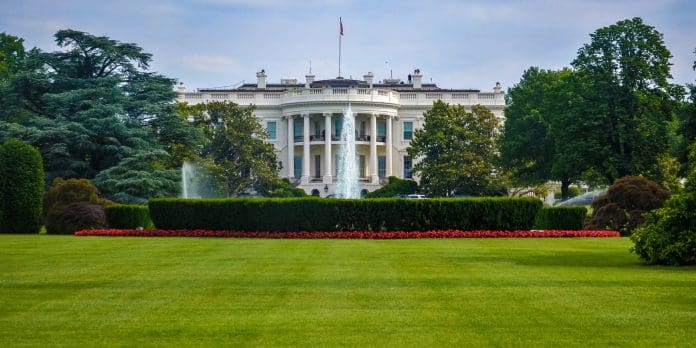The US House failed to override President Joe Biden’s first veto. The president flexed his veto power over of a Republican-led bill that would have banned the consideration of ESG issues in retirement and other investment decisions.
Republicans failed to mount the necessary two-thirds votes needed in the House to override the president’s veto. The override failed on a 219-200 vote mostly along party lines as most Democrats opposed.
House Republicans had succeeded in passing the legislation through Congress last month, part of their agenda to undo government policies that strive to bring new ways of thinking about social and environmental issues with equity and accountability. ESG investing takes into account a company’s ESG record, including on issues like climate change.
The US Department of Labor had issued a rule last December saying investment plan fiduciaries may consider climate change and other ESG factors in making investment decisions. However, the newly empowered House Republicans sought to roll back the Labor Department rule and effectively reinstate a policy banning the investment practice.
It’s important to note that, while ESG naysayers are the loudest, they represent the minority. In its 10th annual business and politics study titled “The Shifting Politics of Doing Good in America,” Forbes examined the divide between public opinion and political rhetoric on ESG. Its findings showed that a broad swath of Americans (79%) believe corporations should act to address important societal issues. That percentage has remained largely consistent over the last five years.
Additionally, 78% of Americans say they prefer to buy products that are both environmentally and ethically sustainable, according to a joint study released by McKinsey and NielsenIQ. The study also found that companies that market their products as ESG-friendly saw 28% growth in sales compared with 20% growth for companies that made no such claims.
With regards to government officials weighing on this matter at all, only 8% of Americans think investigating how US companies spend money on ESG issues should be a priority for Congress. Most Americans (83%) say they trust companies more than politicians when deciding whether they agree with a company’s stance on an issue, according to Forbes.
















